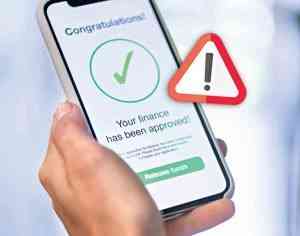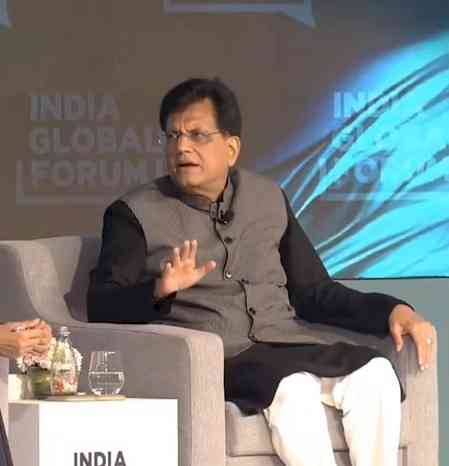Indian consumers still vulnerable to being tricked by illegal loan apps: Report
One-third of high-confidence customers in India have limited knowledge about their digital loans, and lack understanding on how to detect illegal lending apps, finds a report on Tuesday.

Mumbai, April 16 (IANS) One-third of high-confidence customers in India have limited knowledge about their digital loans, and lack understanding on how to detect illegal lending apps, finds a report on Tuesday.
The report by the Fintech Association for Consumer Empowerment (FACE) shares insights from a customer survey conducted between December, 2023 and January, 2024 to systematically understand gaps in users' approaches and knowledge about Digital Lending Applications (DLAs) in India and drive action to address them.
Almost all customers know the lender's name, but less than a third know about the key fact statement and grievance redressal mechanism.
Over 57 per cent of respondents reported checking the loan app's affiliation with NBFC or Bank as the most crucial verification factor, while 55 per cent said they consider reviews and ratings.
Over three-fourths of users noted that they ignore downloads and data-sharing metrics when deciding about lending apps.
"Unscrupulous players hit the very core of the market, that is, customer trust for digital loans, harming customers and damaging the reputation of responsible digital lenders. We note that users are aware of downloading apps from the Play Store and checking the app's partnership with NBFCs/Banks, ratings, and reviews," said Sugandh Saxena, CEO at FACE.
"However, the study informs us about significant gaps in the customer tool kit and behavioural biases, making them vulnerable to being tricked by illegal loan apps. As we work towards a safe loan app ecosystem for customers, the insights from the report will inform our effective actions to focus on aspects that customers overlook and break behavioural disposition," she added.
Further, the report showed that digital marketing through social media platforms such as Instagram, Facebook, and YouTube triggers purchases, followed by word of mouth and product ratings. However, female users showed slightly better awareness of the loan product, the report said.
The Reserve Bank RBI cautions against fraud in the name of KYC updation. It advises against sharing KYC documents or copies of KYC documents with unknown or unidentified individuals or organisations. Earlier, Google suspended or removed over 2,500 fraudulent loan apps from its Play Store between April 2021 and July 2022.
--IANS
rvt/svn


 IANS
IANS 








